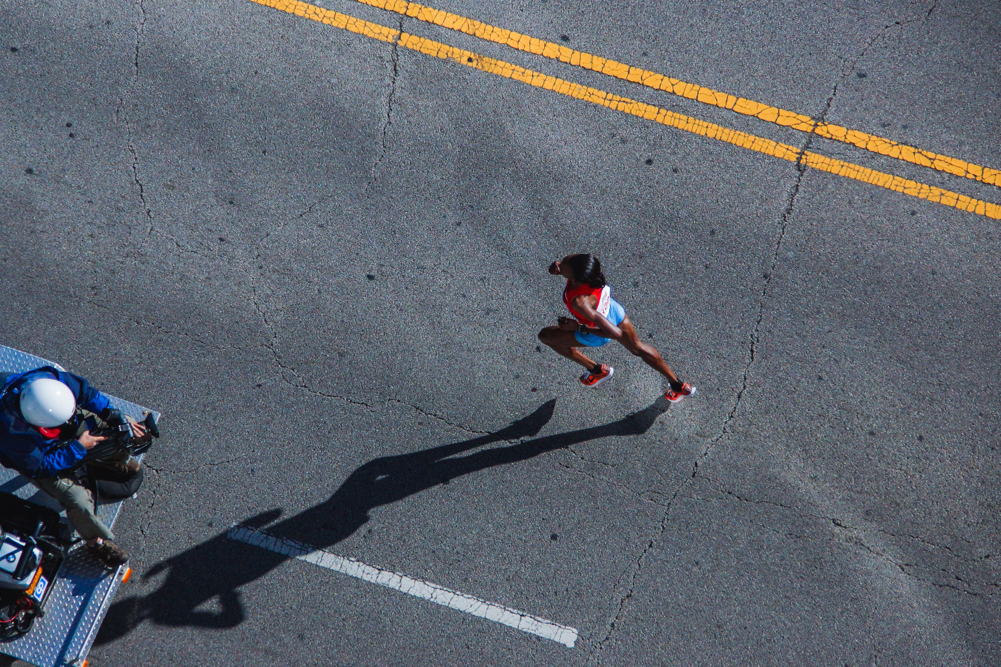Writing about fitness and exercise means asking every personal trainer you come across for their tips on motivation – well, since the UK’s often decried as a nation of couch potatoes, exercise motivation is something we all probably need more of. But no one’s given me this tip yet.
Believing in the positive benefit you’ll get from exercise can mean you’ll benefit from it even more, write psychologists from the University of Freiburg’s Department of Sport Science in the Journal of Behavioural Medicine. In fact, they’ve suggested the belief that exercise will have a positive effect may be even more important than the exercise itself.
Here’s how they came to this conclusion. They asked male and female volunteers aged 18-32 to exercise for 30 minutes on a bicycle ergometer (that’s a fancy exercise bike that monitors things like your heart rate and how hard you’re breathing, among other things). Before they started, the volunteers were quizzed about whether or not they believed in the positive effects of exercise. Then some of the volunteers were shown a film praising the positive effects of cycling, and all had to fill out a questionnaire about their wellbeing and mood both before and after exercising. Their brain activity was measured while they were exercising too.
And guess what? Those who already believed they’d benefit from exercising enjoyed it more. Their mood improved and their anxiety levels dropped too. The electroencephalogram readings also showed those who were optimistic about exercise as well as those who’d seen the film about the health benefits of cycling were more relaxed on a neuronal level.
“Beliefs and expectations could possibly have long-term consequences, for instance on our motivation to engage in sports,” said lead researcher Hendrik Mothes. “They can be a determining factor on whether we can rouse ourselves to go jogging again next time or decide instead to stay at home on the couch.”

